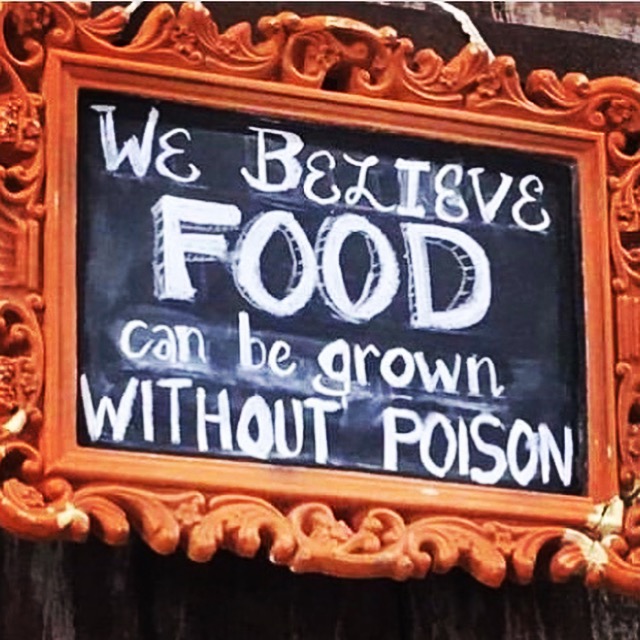At some point on your journey to producing food without poison you must take a leap of faith and be prepared that things may get worse before they get better.
The common misnomer is that organic production is just the absence of chemicals. But, if you take a system that is reliant on chemicals and remove them, the system will struggle and probably fail. Animals and plants under management where chemicals are used to support their survival; where their resilience is outsourced to a synthetic input, must develop their own natural resilience and that can take time and be a hairy ride.
When we first eliminated chemical from our cattle management most of our animals went backwards, mainly due to tick pressure. For about 6 months they struggled, and we certainly worried at times whether we had made the right decision. But, over time, with a focus on nutrition, pasture utilization, selection for fertility and natural resilience plus a whole lot of trust, our animals bounced back, stronger. However, there were some animals that were never going to prosper. We sold those animals back into the conventional system – in nature they would have died. Evolution means survival of the fittest and it is a harsh truth that we humans, with the best of intentions, continually thwart.
You need to decide if it more important to have animals/plants that are entirely reliant on you (with your money and time) for survival or that can function and prosper in a self-regulating, regenerative ecosystem. It’s your choice and it may be your management that needs to change if you decide the latter.
If you make your living from ag production the idea of a lost crop or animals going backwards for a time is challenging – ridiculous even if you consider there is a ‘silver bullet’ solution that will ‘fix’ the problem. But consider this – how much is propping up your system costing and how much will it continue to cost you if you are reliant on cyclically applied, externally sourced inputs? Input prices continue to rise and availability is becoming less certain. Maximized production does not necessarily mean profitable production. It’s very easy to get sucked into the ‘yield at all costs’ game. But those costs are mounting, especially the cost to human health, the cost to biodiversity, the cost to natural systems and environment. Ultimately you are in the business of food production – food – that nourishes other humans. As Jane Goodall so eloquently put it “one day we will look back of the dark era of agriculture and shake our heads. How we could have ever believed that it was a good idea to grow our food with poisons?”
Organic farming is not just conventional farming without chemicals. It is participation in evolution, it is trust in natural processes, it is adding to systems rather than taking away and a focus on life rather than control. It is a journey of continual learning.

Diversity at Kandanga Farm
